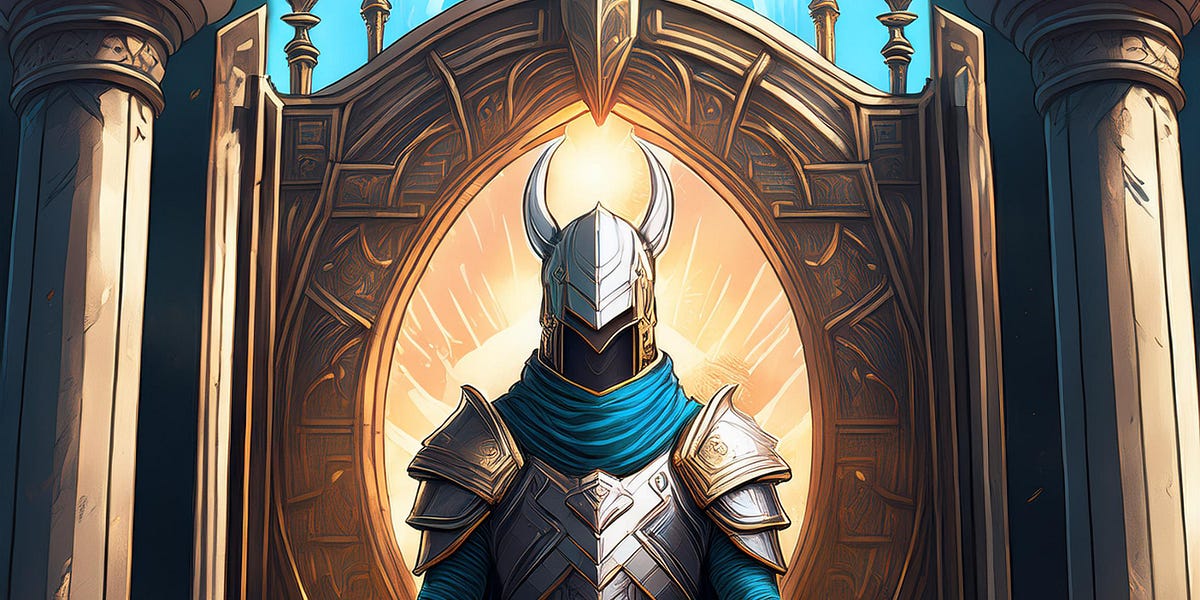Most people aren't playing the same game as other people are. If you put in a fumble chart, you are changing the game the same as the no death folks are. If you ban Counterspell, you are changing the game the same as the no death folks are. Are you arguing that people who ban Counterspell or use fumble charts are not playing D&D? That anyone who doesn't play the game exactly as written isn't playing D&D? Because if you aren't, then you should also not be saying that people who take death off the table aren't playing D&D.
I never made that claim.
I have not once referenced playing RAW.
I specifically and intentionally use the words:
Gameplay as intended.
Which is why Appeals to the authority of Rule Zero are irrelevant to what I am talking about.
See my post replies #344 and #347. Wherein I make such extreme RAW authoritarian pronouncements like:
"A simple homebrew hack or two is not the end of the world for sure." and
"You can house rule a system - adjusting the dial up and down a few places to better tune in to what you want to do at the table. "
The Horror.
The typical house rules you mention do not sufficiently change things to where
gameplay as intended is fundamentally changed.
Yet we see with the '5e compatible' Dark souls RPG that was sadly shipped with many error's, that it does change things to the point that no one will claim that they are 'playing D&D" when they play Dark Souls. Even though both games started with the same underlying mechanics; Dark souls, with the way is uses "position" vs HP
has moved the dial to where you are now in a different play paradigm than gameplay as intended in original 5e D&D. It is no longer "the same game".
Even the IP holder of D&D ran into this effect with 4e. The
paradigm of play was so changed between 3 and 4e that for a great many payers 4e was "not D&D" to them. In fact it prompted an early edition change that move the core paradigm of play back to one that "felt more like D&D" to draw those players back.
The 'no death' folks are not just
mechanically tweaking the game. They are literally
setting aside the dice/system altogether, because 'reasons'.
Such a solution is not just another 'house rule' making the game system mechanically harder or easier. It is fundamentally altering the
intended play paradigm of the game.
Once game play is sufficiently altered to where you are engaging in a different play paradigm than gameplay as intended. Then yeah, you just might be playing a different game than everyone else that still is.
Due to gatekeeping detected.
That is not what 'gatekeeping' means.
Actually, that is
exactly what gatekeeping means:
Gatekeeping
noun
1. The activity of controlling, and usually limiting, general access to something.
Nothing I have said here controls or limits your access to any RPG, or to do anything you want with your RPG's.
It is literally impossible for me to do.
And opinion you disagree with is not gatekeeping. Words you disagree with do not control you. You have to actually be in a position to control or limit something to gatekeep it. And I am not.
The meaning of words do not change based upon how you feel. You are using the word wrong. Your accusation of "gatekeeping" is baseless.
This is also not what 'storytelling' means.
An arc is an arc regardless of whether it is planned or not.
You didn't use the word 'storytelling'. You are invoking a different word that does not mean the same thing as the one you used in the point I responded to. You are conflating things now and using words wrong again.
You specifically said:
Also, improvised and unscripted media have storylines all the time!
Story lines are an aspect of storytelling. They are not the act of storytelling itself.
In non-improvised media they are pre-written ahead of time. While the performers are improvising, they are not working with a storyline by definition. Because they are literally making it up as they go along. In improvised media the storyline is not fully formed until the end. Only then are you able to look back and see the beginning to end "story line" of the performance.
This is a simple and straightforward explanation of how 'story lines' are created.
Just because story, storytelling, and story line all have the same root word does not mean that they can be used interchangeably.
Words have definitions for a reason. I should not have to be explaining what they mean. You are literally arguing against the dictionary at this point.



